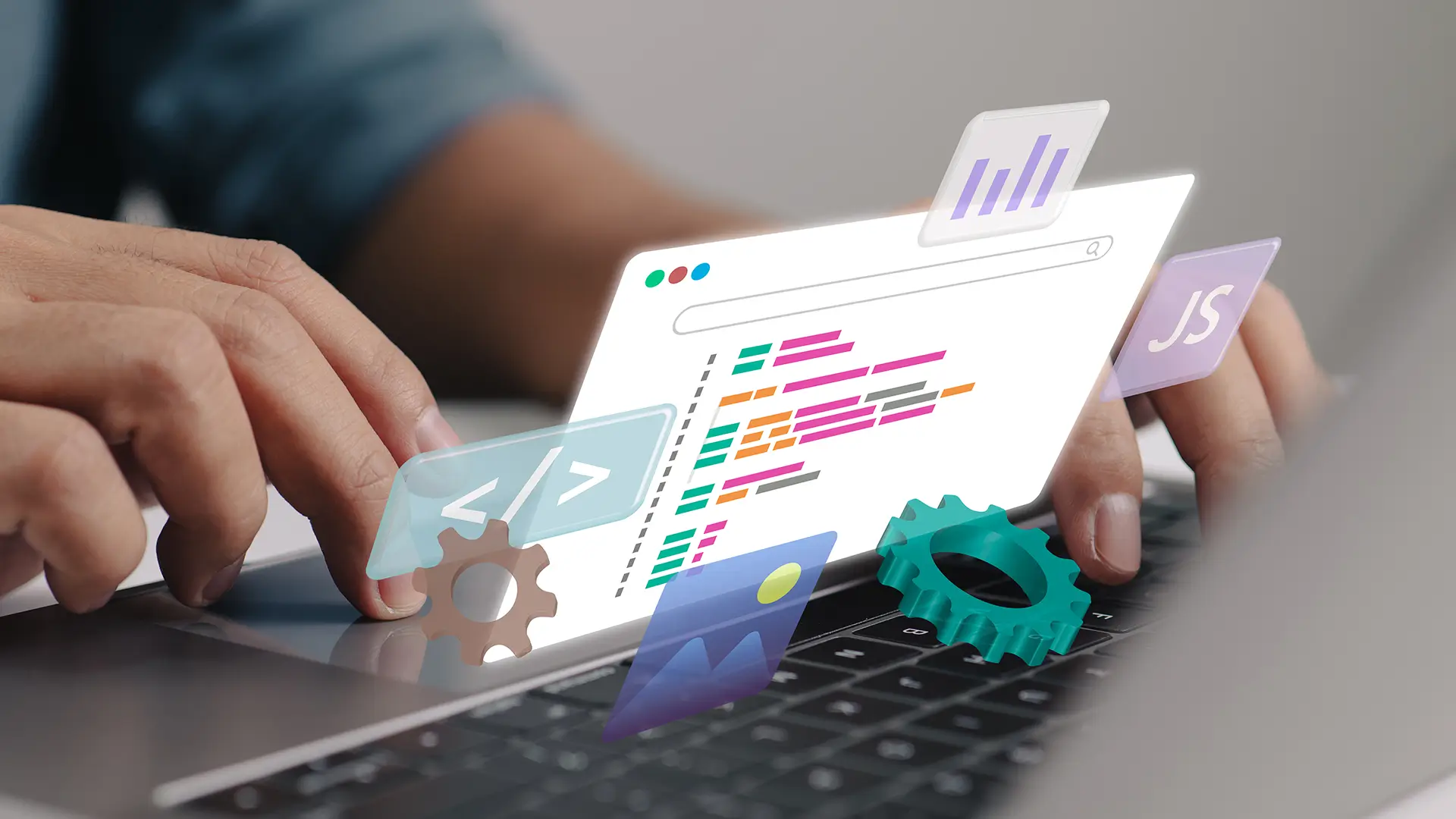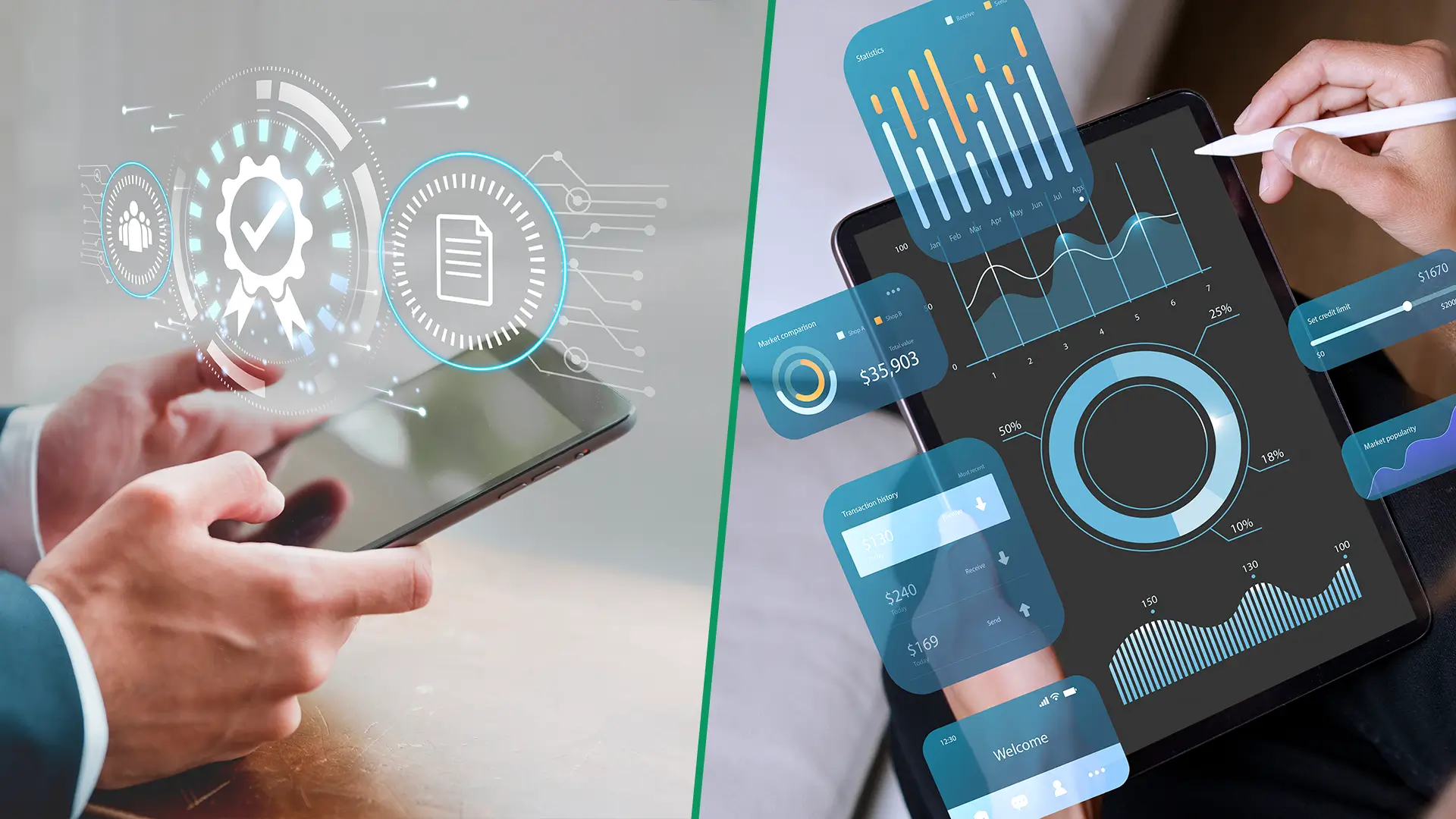AI-Powered Key Takeaways
The rapid integration of Artificial Intelligence (AI) and Machine Learning (ML) into retail is reshaping the software testing landscape. This transformation is driven by the necessity to meet the growing expectations of tech-savvy shoppers and the need for retailers to maintain seamless, innovative, and highly functional digital platforms. Let’s delve deeper into the rise of AI and ML in retail software testing and examine how these technologies are pivotal in modern testing strategies.
Accelerating the Testing Cycle
AI and ML technologies are adept at automating the testing process, which significantly accelerates the development cycle for retail software. Traditional testing methods often involve repetitive and manual tasks and can be slow and prone to human error. AI algorithms, however, can quickly learn from data, adapt to new environments, and execute tests at speeds and accuracies that humans cannot match. This rapid testing allows for more frequent updates and improvements, keeping retail applications at the forefront of market demands and technological advancements.
Enhancing Test Coverage and Accuracy
One of the advantages of integrating AI in software testing is the enhancement of test coverage and accuracy. AI testing tools can easily simulate user interactions and behaviors across digital environments. This comprehensive testing, which can cover thousands of scenarios in a fraction of the time it takes manual tests, ensures that applications perform well under any circumstances that real users might encounter. Moreover, ML models continuously learn and improve, which enhances their ability to spot potential issues before they affect the user experience.
Predictive Analytics and Proactive Testing
ML algorithms excel in predictive analytics, which can forecast potential system failures and pinpoint vulnerabilities by analyzing patterns in historical data. This proactive approach in retail application testing mitigates risks before they become actual problems and helps craft a more robust software development lifecycle. Retailers can make informed decisions about product launches and updates by predicting how new changes will perform under peak loads or in new market conditions.
Real-time Feedback and Continuous Improvement
AI-driven testing tools provide real-time feedback to developers, significantly shortening the feedback loop and enabling continuous improvement. This immediate insight is critical in a fast-paced industry like retail, where consumer preferences and market dynamics can change rapidly. AI tools analyze the performance and user interaction data to suggest precise adjustments and improvements, allowing developers to iterate more quickly and efficiently.
Customization and Personalization Testing
In e-commerce, customization and personalization are key differentiators that can enhance customer satisfaction. AI facilitates detailed testing of personalized features, ensuring personalized content, recommendations, and dynamic user interfaces function correctly for different user segments. This capability is crucial as it helps retailers deliver a more personalized shopping experience, often the cornerstone of customer retention and increased sales.
Also Read: Enhancing Retail Through Cognitive Automation Testing
Specific Applications of AI and ML in Retail Software Testing
Personalization Testing
In retail, personalization is key to enhancing customer engagement and satisfaction. AI in software testing excels in this area by enabling the simulation of numerous customer profiles and behaviors to test personalized responses and features. By analyzing data, AI can help predict and verify the performance of recommendation engines, customized marketing messages, and tailored shopping experiences, ensuring they operate accurately for varied customer segments.
Inventory Management and Optimization
AI and ML can be instrumental in testing systems that manage inventory through predictive analytics. These technologies can forecast stock levels, predict demand based on seasonality, trends, and purchasing behaviors, and suggest optimal replenishment strategies. Testing these predictive models ensures that retailers can avoid overstocking or stockouts, which are costly issues.
Checkout Process Enhancements
Checkout is crucial as it directly affects conversion rates and customer satisfaction. AI-driven testing tools can automatically test multiple aspects of the checkout process, such as payment gateway integrations, the accuracy of tax calculations, coupon code functionality, and the robustness of data encryption during transactions. Through rigorous testing, AI helps ensure that these elements work seamlessly across different platforms and devices, enhancing the reliability of the checkout process.
Omni-channel Consistency
Retailers today must provide a consistent experience across all channels, whether online, mobile, or in-store. AI and ML can test the synchronization and functionality across these platforms, ensuring that changes in one channel are instantly reflected in others. For example, pricing updates, product availability, and promotional offers must be consistent whether the customer shops online or visits a physical store. AI can automate tests to verify cross-platform consistency and improve the user experience.
Customer Feedback and Sentiment Analysis
AI tools also test how well retail applications handle and analyze customer feedback. By employing natural language processing (NLP), these tools can simulate customer inputs, reviews, and interactions to determine how well the application understands and processes user sentiments and feedback. This is crucial for continuously improving product offerings and customer service.
Security Enhancements
AI-driven security testing tools are particularly important in retail due to the high volume of financial transactions and personal data. These tools can simulate attack vectors, identify potential vulnerabilities, and test defense mechanisms to protect customer data against the latest security threats. Automated testing for security compliances can also be managed efficiently with AI, ensuring retailers meet all legal and ethical requirements.
Integration with Existing Systems
Integrating AI into existing testing frameworks often involves upgrading tools and training teams, which can be a significant change management task. Retailers must ensure that their teams are well-prepared for this transition, which might include training sessions, workshops, and pilot projects to streamline the adoption of AI in their software testing processes.
By leveraging AI and ML in these specific applications, retailers streamline their testing processes and enhance the accuracy, efficiency, and security of their software systems, leading to improved business operations and customer satisfaction.
How HeadSpin is Revolutionizing Retail Software Testing with AI
Deep Learning and Predictive Analytics
HeadSpin incorporates deep learning algorithms into its testing procedures, allowing more sophisticated analysis of data collected from test runs. These algorithms can identify patterns and predict potential failures before they occur. This predictive capability is crucial for retail applications where uptime and performance directly impact customer satisfaction and sales.
Real-time Data Processing
One of the standout features of HeadSpin’s platform is its ability to process and analyze data in real-time. This is particularly valuable in retail, where rapid feedback and quick iteration cycles are crucial for meeting market demands. Real-time analytics help developers and testers make informed decisions faster, reducing the time from development to deployment.
Cross-platform and Cross-device Testing
Retail applications often need to operate seamlessly across various devices and platforms. HeadSpin provides an extensive device cloud that simulates real-world conditions across different devices, networks, and operating systems. This comprehensive testing environment ensures that retail applications deliver consistent user experiences, regardless of how customers access them.
Automated Anomaly Detection
By employing AI, HeadSpin’s platform automatically detects anomalies during testing phases. This not only speeds up the identification of potential issues but also helps pinpoint exact problem areas without manual intervention. Such efficiency is invaluable for retail applications where even minor issues can lead to significant revenue loss.
Integration with CI/CD
HeadSpin integrates with existing CI/CD pipelines, facilitating continuous testing and development. This integration helps retail organizations maintain agility in their software development processes, enabling them to quickly adapt to consumer needs and market changes while ensuring that their applications are rigorously tested at every stage of development.
User Experience Optimization
Beyond functional testing, HeadSpin focuses on user experience optimizations, ensuring that retail software is bug-free and user-friendly. The AI-driven insights provided by HeadSpin help understand user behaviors and preferences, which can be crucial for designing intuitive interfaces and engaging user experiences.
Conclusion
Integrating AI and ML in retail software testing is not just a trend but a significant evolution, setting new standards in the industry. As AI testing becomes more sophisticated, retail companies that adopt these technologies stand to gain a competitive edge by ensuring their applications are functional and aligned with customer expectations and business goals.
FAQs
Q1. What are some challenges of implementing AI in retail software testing?
Ans: Implementing AI in software testing requires substantial initial investment in training data and computing resources. There is also a need for skilled personnel to manage and interpret AI-driven testing tools.
Q2. How does AI improve the user experience in retail applications?
Ans: AI enhances user experience by ensuring that applications are thoroughly tested and optimized for different user scenarios, thus reducing bugs and improving overall application performance.
Q3. Can AI completely replace human testers in the retail industry?
Ans: While AI can automate many testing tasks, human insight is crucial for decision-making and complex problem-solving. AI acts as a complement to human testers, not a replacement.


























.png)


























-1280X720-Final-2.jpg)






